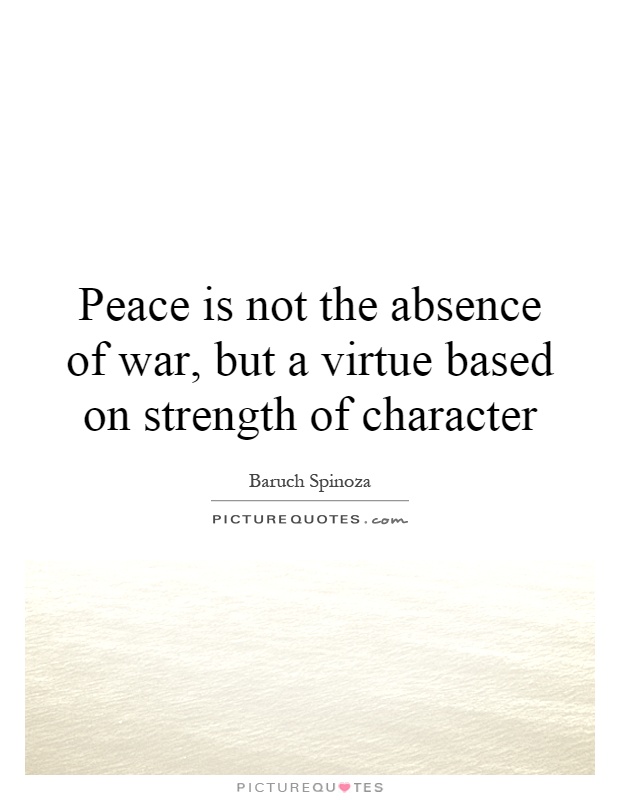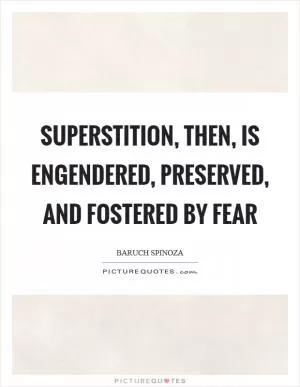Peace is not the absence of war, but a virtue based on strength of character

Peace is not the absence of war, but a virtue based on strength of character
Baruch Spinoza, a renowned Dutch philosopher of the 17th century, believed that peace is not simply the absence of war, but rather a virtue that stems from the strength of one's character. Spinoza's philosophy on peace is deeply rooted in his understanding of human nature and the interconnectedness of all things.Spinoza argued that true peace can only be achieved when individuals cultivate inner strength and moral integrity. He believed that peace is not a passive state, but an active choice that requires courage, resilience, and a commitment to ethical principles. In his seminal work, "Ethics," Spinoza posited that true peace can only be attained through the cultivation of reason and the pursuit of knowledge.
According to Spinoza, peace is not simply the absence of conflict, but a state of harmony and balance that arises from a deep understanding of oneself and the world around us. He believed that individuals must strive to overcome their passions and desires in order to achieve inner peace and tranquility. By cultivating virtues such as courage, compassion, and wisdom, individuals can develop the strength of character needed to navigate the complexities of life and overcome adversity.
Spinoza's philosophy on peace is particularly relevant in today's world, where conflicts and tensions abound on both a global and individual level. In a world marked by violence, injustice, and inequality, Spinoza's teachings remind us of the importance of cultivating inner peace and moral integrity in order to create a more just and harmonious society.












 Friendship Quotes
Friendship Quotes Love Quotes
Love Quotes Life Quotes
Life Quotes Funny Quotes
Funny Quotes Motivational Quotes
Motivational Quotes Inspirational Quotes
Inspirational Quotes